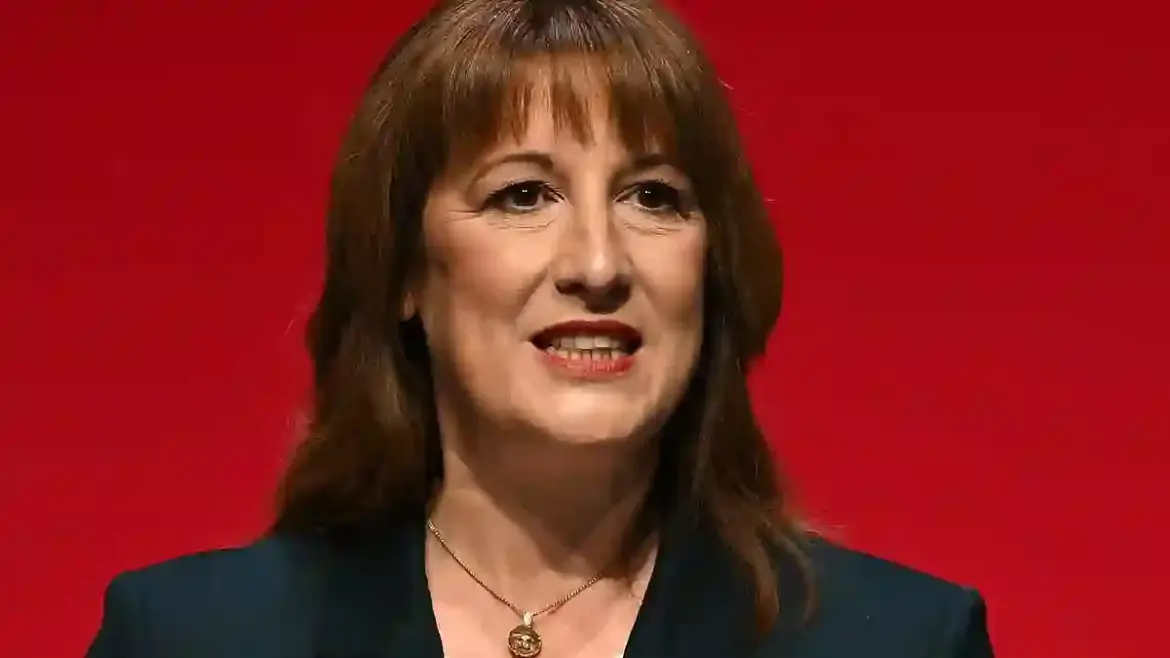Britain’s taxpayers were put on alert this week as ministers hinted that some of the income tax, National Insurance, and VAT pledges in Labour’s election manifesto may not last.
The signals came as Chancellor Rachel Reeves and No.10 enforcer Darren Jones signaled that while the commitments still technically stand, tough choices lie ahead.
Chancellor Prepares for Tough Budget Decisions
Reeves confirmed that the November 26 Budget will involve difficult decisions, with experts estimating a potential £30 billion shortfall in government finances.
Speaking at the Labour Conference in Liverpool, she promised to keep taxes “as low as possible” while acknowledging the strain caused by “global headwinds” and long-term economic challenges.
“I will make my choices at that Budget. They will be choices to take this country forward… I will take no risks with the trust placed in us by the British people,” Reeves said.
Tensions Within Labour Over Fiscal Responsibility
The Chancellor also took a thinly veiled jab at Greater Manchester Mayor Andy Burnham, who has suggested taking on bond markets to fund public spending. Reeves warned that racking up more debt is “nothing progressive” and emphasized the importance of economic responsibility.
She also singled out Nigel Farage and the Reform party as the “single greatest threat” to the UK, arguing that their policies do not support working people.
Promises and Potential Policy Changes
Reeves’s s
peech touched on several Labour priorities:
-
Negotiating a youth mobility deal with the EU, which critics suggest could be a backdoor return to free movement.
-
Guaranteeing a library in every school across the country.
-
Maintaining manifesto pledges while leaving room for fiscal flexibility if necessary.
While asserting that she “stands by those commitments,” Reeves did not offer specific guarantees, leaving room for potential tax or spending adjustments.
Labour Faces Party Friction and Public Scrutiny
Her address was interrupted by shouts from activists protesting the situation in Gaza, to which Reeves responded that Labour is “a party in government, not a party in protest.”
She also championed patriotism, support for UK steel, and an economic vision centered on contribution and fairness, rejecting austerity while emphasizing public investment.
Economic Realities Force Hard Choices
Reeves admitted the UK economy faces mounting pressures, including stalled growth, lower productivity, and rising interest rates.
She stressed that Labour’s fiscal rules would guide government decisions and warned that future tests will be “made all the harder by harsh global headwinds.”
“Our first year in power was about fixing the foundations. Our second must be about building a renewed economy for a renewed Britain,” she said.
“A renewed economy that works for working people, supports public services, encourages investment, and builds growth across the country.”
Speculation on Tax Adjustments
As speculation grows, ministers have hinted that some manifesto promises might be altered to fill the fiscal gap.
Options under discussion include expanding VAT to certain areas, such as taxi fares, instead of raising the general rate.
Darren Jones underscored the uncertainty, noting that “today the manifesto stands” but leaving the door open for changes once the Budget process is complete.
Starmer and Labour Under Pressure
Amid record-low poll ratings, Sir Keir Starmer’s leadership remains under scrutiny.
Reeves urged party members to “have faith” in Labour’s vision, while stressing the need for responsible fiscal management and warning against abandoning economic constraints.
Ongoing Fiscal Reforms
Reeves also proposed adjusting the Office for Budget Responsibility (OBR) to conduct only one forecast per year, streamlining fiscal reporting in line with International Monetary Fund recommendations.
She argued that a single, comprehensive fiscal event would simplify budget planning and allow more effective economic oversight.
Unions Push for Wealth Tax Amid Rising Concerns
The largest UK trade union, Unite, is expected to push for a wealth tax vote at the conference, signaling potential conflict if Labour does not demonstrate a clear direction on fiscal policy.
Businesses have expressed alarm at the prospect of additional tax hikes, warning that they could create a “doom loop” for the economy.
